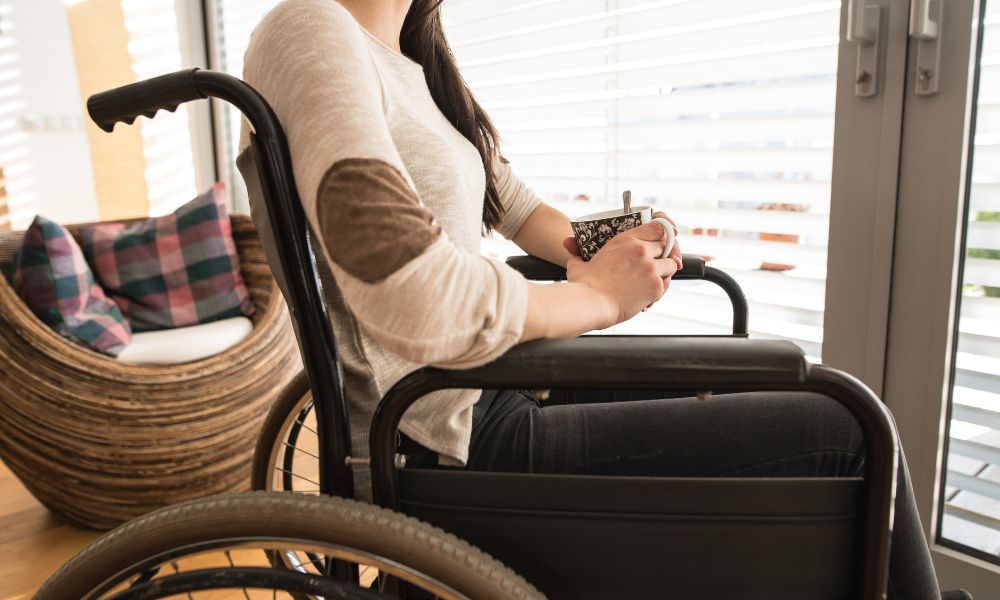How Wheelchair Cushions Can Help Prevent Pressure Sores
Jul 1st 2024

We all know the importance of a good cushion, whether you want to feel comfortable sitting on your favorite chair or get a good night's sleep. But did you know that wheelchair cushions can help prevent pressure sores for their users? That's right—these cushions aren't just for comfort. They also play an important role in maintaining skin health. Explore why these cushions are one of the most important accessories for your wheelchair.
Pressure Redistribution
Wheelchair users apply consistent pressure on certain parts of their bodies, especially their buttocks and thighs. This constant pressure can reduce blood flow to the skin, causing tissue damage and eventually leading to pressure sores. Wheelchair cushions redistribute this pressure, reducing the risk of developing painful and potentially dangerous skin conditions.
When choosing a cushion, look for pressure-relieving properties, also known as pressure redistribution cushions. These cushions often contain foam, gel, or air, which help distribute pressure across the seating area.
Skin Protection
In addition to pressure redistribution, keeping the skin clean and dry is important, as excessive moisture can contribute to the development of pressure sores. This is where washable wheelchair seat covers come into play. Frequently washing the seat covers helps ensure the surface one sits on stays clean and hygienic.
When choosing a seat cover, opt for breathable, moisture-wicking, easy-to-clean materials, such as polyester or polyester blends. Regularly washing the seat covers will contribute to pressure sore prevention and extend the life of the wheelchair cushion.
Proper Positioning and Support
Good posture and positioning in the wheelchair are crucial in preventing pressure sores. A well-designed cushion should provide adequate support and stability while promoting the right posture. This means leveling out the pelvis, minimizing pressure on bony prominences, and ensuring the user doesn't slide or shift their position frequently.
To provide proper positioning and support, look for cushions designed specifically for wheelchair users and individual needs. For example, contoured or wedge-shaped cushions can help promote proper posture and reduce pressure on susceptible areas.
Finding the Right Cushion for You
When looking for a wheelchair cushion, consider individual needs and preferences. It's important to consult a healthcare professional, such as an occupational or physical therapist, who can assess and recommend an appropriate cushion based on your specific needs. There are also plenty of resources and online communities where you can find reviews and recommendations from fellow wheelchair users.
By understanding how wheelchair cushions can help prevent pressure sores, wheelchair users can significantly reduce their risk of developing these uncomfortable and damaging skin conditions. Don't underestimate the power of a good cushion; it's more than just a comfy place to sit.

